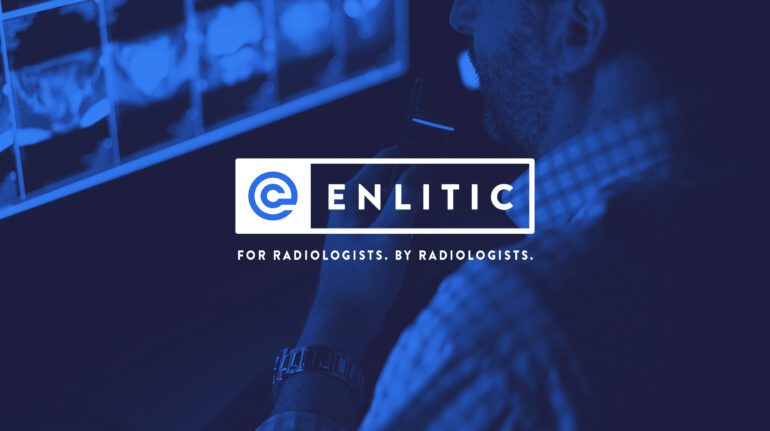TL;DR:
- Enlitic, a data management software company, aims to generate $159 million in sales by licensing its AI technology to healthcare clients.
- The company, backed by investors like Regal Funds Management and Thorney Investment, is exploring capital-raising options, including a potential ASX debut.
- Enlitic initially focused on using AI for medical image anomaly detection but shifted to data standardization in 2019 to improve diagnostic algorithm efficiencies.
- Their AI tools extract information from medical images, reducing radiologists’ time spent searching for data, thus lowering costs and errors.
- Enlitic has a significant sales pipeline of nearly $100 million in potential contracts.
- Capitol Health, an ASX-listed medical imaging company, was an early investor in Enlitic.
Main AI News:
Enlitic, a data management software firm, has set its sights on generating $159 million in sales by licensing its cutting-edge artificial intelligence technology to healthcare clients. The company, backed by prominent investors such as Regal Funds Management and Alex Waislitz’s Thorney Investment, has enlisted MST Financial to assess potential capital-raising options, including a potential ASX debut.
According to reports from The Australian Financial Review’s Street Talk column, Enlitic is preparing for an initial public offering (IPO) that could raise approximately $40 million, leading to a market capitalization of roughly $300 million. However, Enlitic’s CEO, Michael Sistenich, remains cautious about valuations at this stage, describing them as “speculative.”
Founded in 2014 by Australian AI expert Jeremy Howard, Enlitic initially aimed to leverage AI for detecting anomalies in medical images, aiding radiologists in scan triage and diagnosis. However, in 2019, the company shifted its focus towards data standardization. This pivot occurred as Enlitic recognized that AI-powered diagnostic tools would not deliver the expected efficiencies unless the medical industry improved the quality of data fed into diagnostic algorithms.
Solving the Data Challenge Enlitic deploys AI tools like computer vision, natural language processing, and deep learning neural networks to extract information from medical images stored in databases. The software can identify the anatomy depicted in a scan, detect the presence of contrast, and determine whether it’s the left or right side of the body.
Mr. Sistenich pointed out that radiologists often spend between 15 and 90 seconds on each study merely searching for the necessary information before they can begin their work. Enlitic’s mission is to “sell back time” to radiologists, administrators, hospital executives, and researchers, ultimately leading to cost reduction, error reduction, and improved quality in the interpretation of medical imaging data within healthcare enterprises.
Enlitic initially implemented its data management tools in partnership with TMC, one of Europe’s largest radiology reading groups. The company now boasts a sales pipeline with potential contracts nearing $100 million, which it expects to materialize in the medium term. In the healthcare industry, sales cycles typically span 12 to 18 months, making the company’s commercial momentum and ongoing client acquisition particularly noteworthy.
Australian-listed medical imaging company Capitol Health was one of Enlitic’s earliest backers in 2015, investing $10 million. In 2019, Regal and Thorney joined Enlitic’s list of investors as part of the firm’s $25 million series B-1 funding round. Although Enlitic successfully closed a Series C funding round earlier this year, the exact amount raised was not disclosed, and Capitol Health did not participate in the round, as indicated by its ASX filings.
Conclusion:
Enlitic’s pursuit of $160 million in revenue through AI-powered data solutions represents a promising development in the healthcare market. Their innovative approach to improving data efficiency and reducing costs for radiologists and healthcare enterprises positions them well for future growth and underscores the increasing importance of AI in the healthcare industry. Investors and healthcare organizations should closely monitor Enlitic’s progress and its potential ASX debut.

